– Waves of migration have intensified over the past few weeks in Europe. Were you surprised by the increasing migrant rates?
– No. Essentially, ever since the outbreak of the Arab Spring, I have been voicing the dangers of increasing waves of migration! We saw that the pandemic destroyed the already-weak economies of North African countries, thus more and more are setting off for Europe from the region. But this is not just happening in North Africa, also in the southern part of the Sahel and some Middle Eastern countries.
The migration route through the Balkans may soon come under greater pressure as well – thus Hungary will have their work cut out for them.
We will be the witnesses of more and more waves of migration mainly made up of crowds of young men coming to Europe. In addition to the erosion of women’s rights in Europe, I would also like to emphasize that homosexuals and Jewish people are also at greater risk due to mass migration. The European working class and the lower levels of society also suffer by this: newcomers are provided housing in the poorer parts of cities and as the majority of immigrants don’t speak the language, thus the quality of education and healthcare decline. This is the drama of social and societal cohesion in Europe. The coronavirus crisis has provided an acceptable excuse for a time so that certain leaders would not have to deal with migration. I presume that they would love for the virus to remain a political campaign theme forever.
– The Arab Spring began more than ten years ago. Why did you publish a book this year on the negative effects of immigration on European women’s rights? In your work, Prey: Immigration, Islam, and the Erosion of Women’s Rights, you write that the attention on harassment attributed to immigrants is unreasonably small.
– I considered it very important to publish my book now because the number of acts of violence against women is peaking in Europe. I am not saying that the phenomenon began with the 2015 wave of migration, but the large number of immigrant men who arrived then has now dramatically worsened the situation.
I also thought for a long time that the #metoo movement stemming from the United States would help female victims of violence around the world. But this didn’t happen. Almost no one spoke out against the actions of men with migrant backgrounds.
It is no secret that this can be traced back to Europe: the attitude towards those belonging to a minority, their accountability is not even close to the accountability of the majority. I myself lived for a long time in Europe and I know the situation of minorities there very well – that’s also why this book’s message is so important to me.
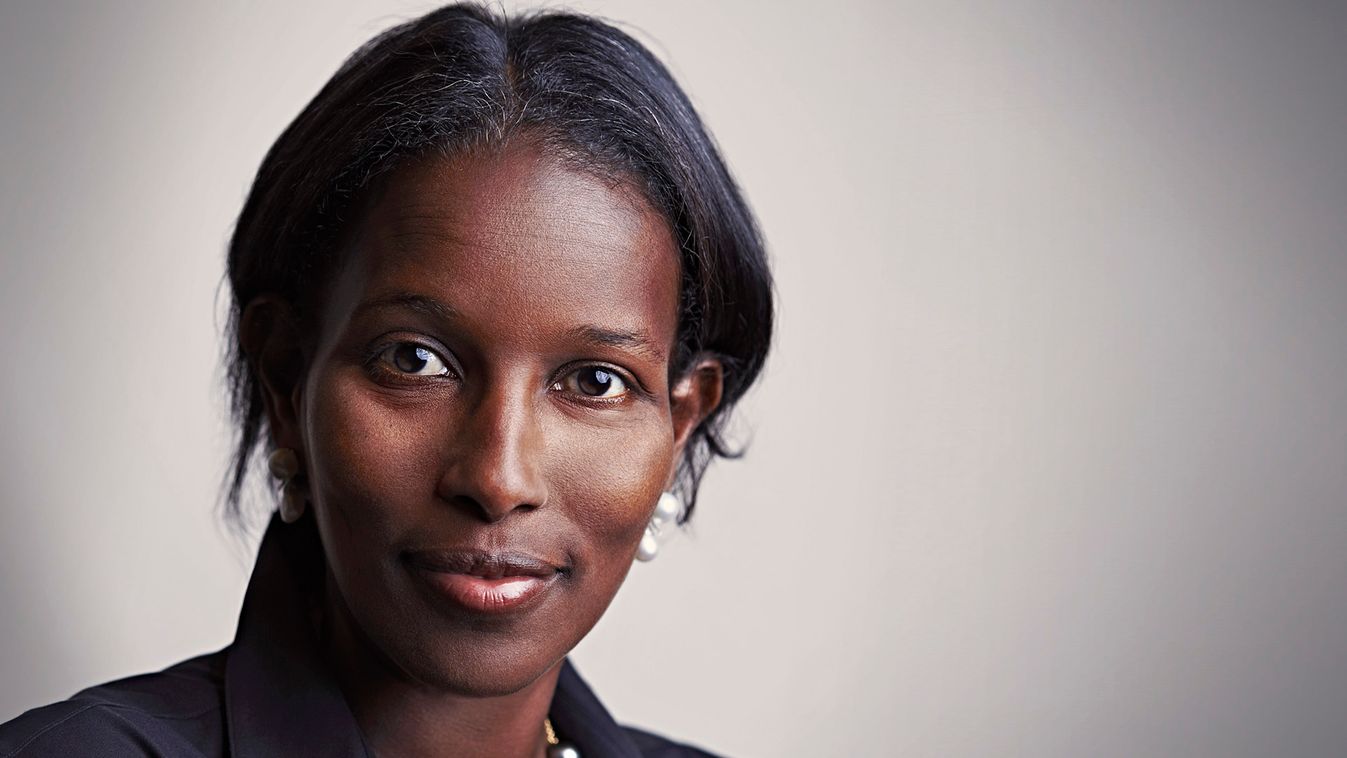







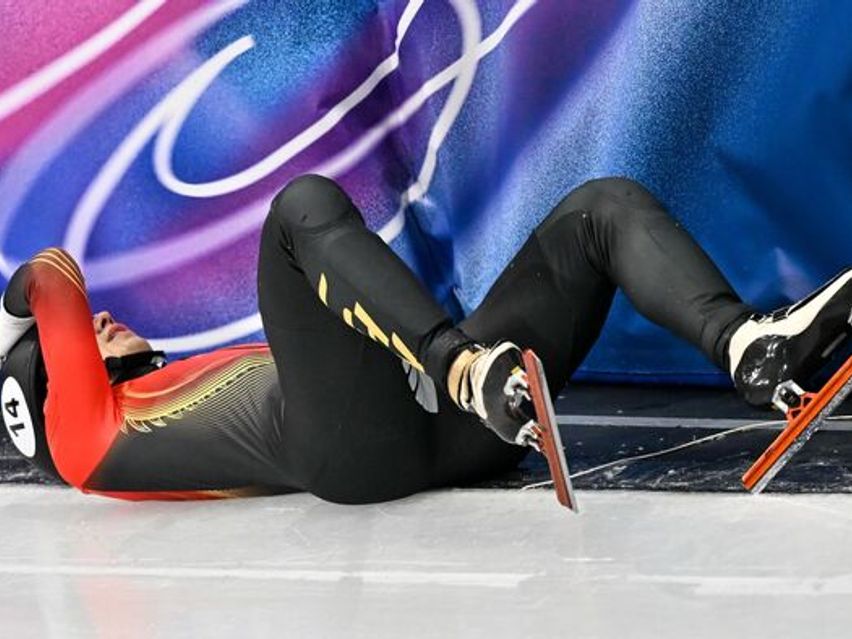
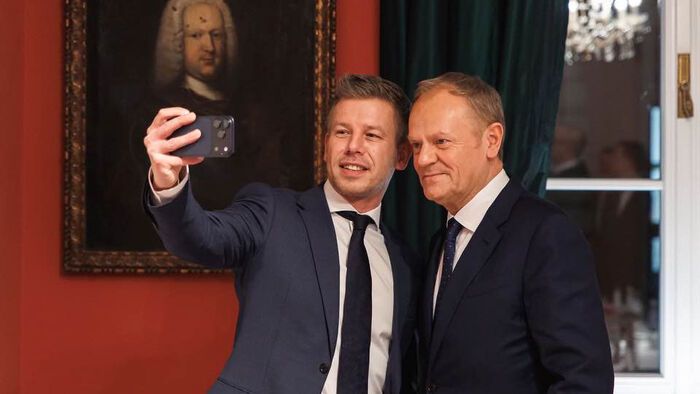


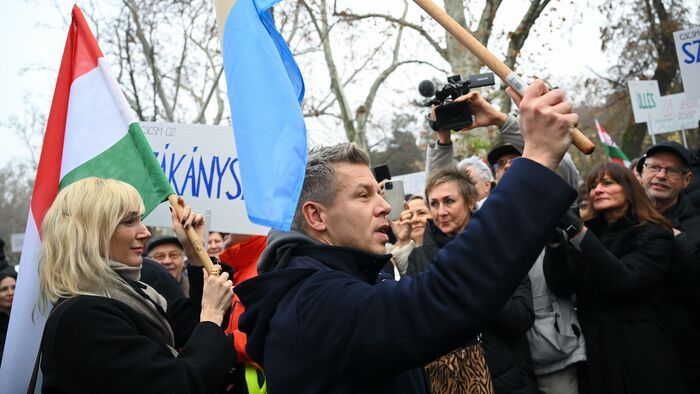


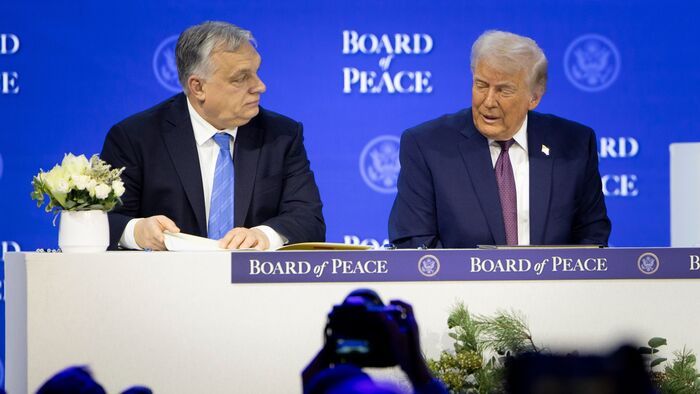







Szóljon hozzá!
Jelenleg csak a hozzászólások egy kis részét látja. Hozzászóláshoz és a további kommentek megtekintéséhez lépjen be, vagy regisztráljon!